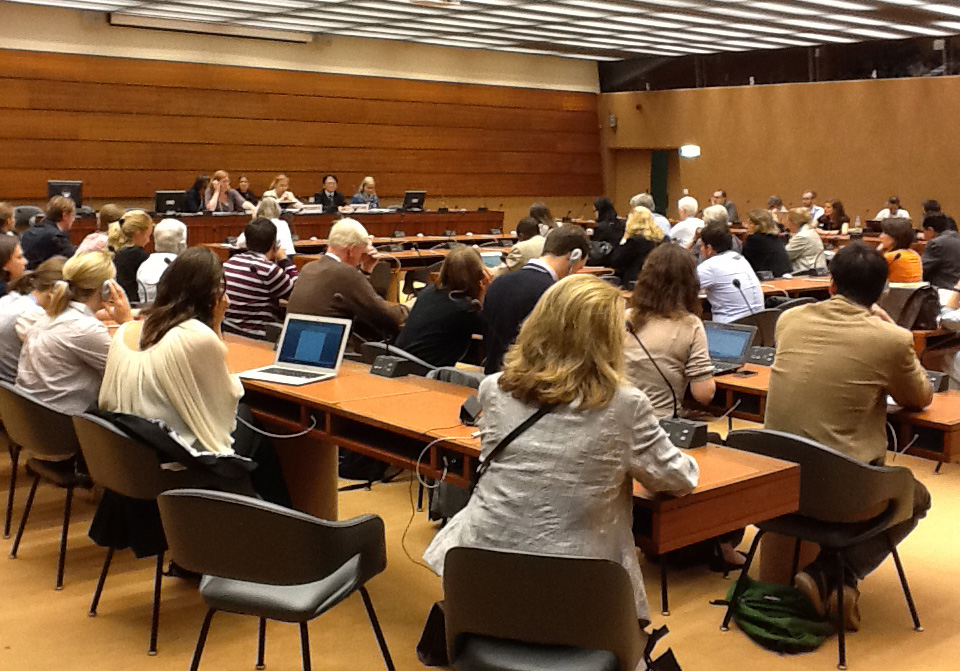The ICJ welcomes the report of the Special Representative of the Secretary-General on Internally Displaced Persons (IDPs) in Sri Lanka.
The ICJ is deeply concerned about the reports of abductions of IDPs and threats to humanitarian actors in the East of Sri Lanka. The Office of the Coordination of Humanitarian Affairs (OCHA) has reported around 40,000 new IDPs over the past week, raising the number of IDPs since January to over 150,000 in Batticaloa district alone. Without effective security measures, there are fears that there will be increased threats to IDPs, civilians and humanitarian actors. The fundamental principle of distinction between civilian and military targets is not being respected, contributing to unnecessary civilian deaths and injuries, including those of IDPs.
Various national and international humanitarian organizations have reported a concerning trend of forced resettlement where civilians are being forced to return to their homes in Trincomalee and Vaharai with the threat that humanitarian aid and other essential supplies will be withdrawn. In the haste of resettlement, not only are families being separated, but there are no security guarantees or adequate infrastructure back home. The ICJ welcomes reports of assurances from the Sri Lankan Government that the United Nations High Commissioner for Refugees (UNHCR) will be fully engaged in the further return of IDPs, but encourages the Special Representative to give due consideration to this issue when visiting Sri Lanka later this year.
The ICJ is particularly concerned with the plight of children living in IDP camps in Batticaloa where heavy shelling from the army camp is taking place dangerously close to schools. Retaliation by the Liberation Tigers of Tamil Eelam (LTTE) puts these schools in the direct line of fire. Children are being traumatized and there are reports of them fainting from sounds of artillery fire.
In addition to security concerns of IDPs, there is an acute humanitarian crisis as access is extremely limited to those civilians still trapped in, and fleeing from, conflict areas in the East. The ICJ urges all parties to the conflict to grant access to international and national humanitarian agencies to aid those in need. With the latest influx of IDPs, the World Food Programme last week reported that they do not have the additional stocks in country to respond to the immediate needs of IDPs. Shelter, water and sanitation are other key concerns in this developing crisis.
Mr President,
The ICJ welcomes the Sri Lankan Government’s invitation for the Special Representative to visit Sri Lanka, but urges the Special Representative to provide recommendations to the Human Rights Council as to how it can address urgent crises where IDPs are facing serious violations of human rights, and hopes he would be able to visit Sri Lanka without delay.
The situation of Sri Lankan IDPs is a result of the larger systemic human rights issues in the country, which domestic mechanisms cannot adequately cope with illustrating the need for an international human rights field presence.
Mr President,
The ICJ is also concerned about the situation of IDPs in Colombia as the Special Representative has characterized it as one of the most serious in the world today (paragraph 9, A/HRC/4/38/Add.3). UNHCR has reported the existence of over three million IDPs as a result of the decades long conflict, accounting for over 8% of the Colombian population.
The ICJ welcomes the efforts made by the Colombian Constitutional Court to ensure that the rights of IDPs are respected (paragraph 22, A/HRC/4/38/Add.3). However, we are very concerned about the continuing lack of effective implementation of Colombian legislation to provide necessary protection for IDPs.
HRC-statement IDPs-advocacy-2007 (full text, PDF)




